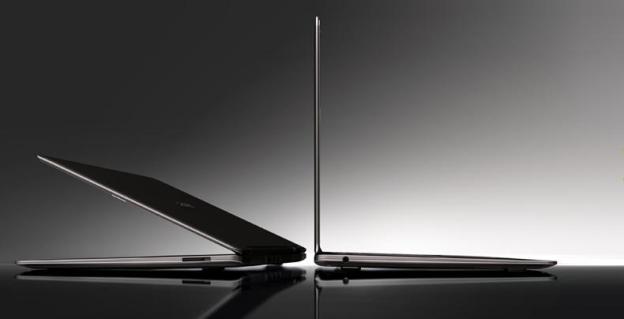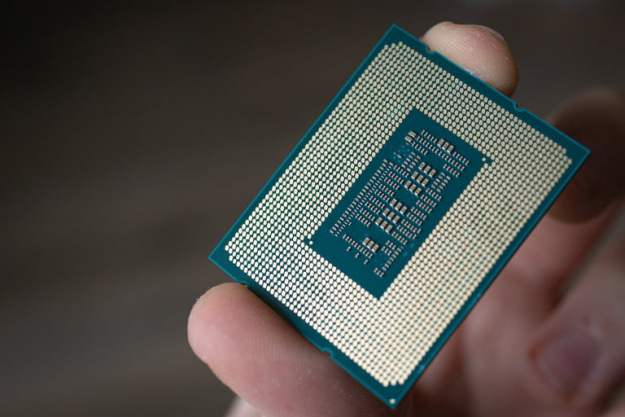
In the market for a new laptop? By now, you’ve probably heard the term “Ultrabook,” but what exactly is it and how is it different from a normal laptop? Intel coined the term in 2011 to describe a laptop that’s lightweight, yet powerful and sleek. Available in a variety of models and sizes, ranging from about 13 to 20 inches, and from about 3 to 18 pounds, these laptops must fit within a very specific weight and size spectrum to be called an Ultrabook.
With respect to Ultrabooks, these computers refer to a specific category of laptops created by Intel to compete with the increasingly popular tablets and the well-designed MacBook Air. Ultrabooks are ultimately meant to offer a reasonable compromise between portability and performance. For instance, while netbooks may be extremely portable, there is no question that these same netbooks do not operate at a high performance level. Ultrabooks, however, are extremely portable and boast more muscle than that of the typical netbook on the market today.
What laptops qualify as Ultrabooks?
By Intel standards, in order to qualify as a second generation Ultrabook, the laptops must first be less than 0.7 inches thick for laptops with 13.3-inch displays and smaller. Laptops must be less than 0.8 inches thick with 14-inch and larger displays, and less than 0.9 inches thick for convertible tablets. In addition, these types of laptops must run via low-powered Intel processors and boast a battery life of at least five hours. They also need to be able to resume from hibernation in less than eight seconds. These second generation Ultrabooks also require USB 3.0 and a minimum internal transfer rate of 80MB/s for storage.
What can you expect from an Ultrabook?
Intel’s second generation Ultrabooks use a speedy Intel Ivy Bridge processor. In addition, most of the models on the market have Intel integrated graphics. That being said, if you are a gamer, you should not expect to do serious gaming on Ultrabooks. Also, the graphics may not be sufficient if you do a lot of audio conversion or video rendering.
It is also important to keep in mind that Intel does not have specific requirements for storage, RAM, screen size, or output or connectivity. For example, while most Ultrabooks feature Wi-Fi, if you require more specialized ports, such as a VGA output for instance, this type of port may not be available on your Ultrabook. These components are left up to the manufacturer’s discretion.
How much do Ultrabooks cost?
According to specifications from Intel, Ultrabooks should be priced in the range of $1,000. Generally speaking, Ultrabooks are available from manufacturers between the $800 to $1,400 price points. Of course, Ultrabooks with more features and a larger screen inevitably will be more expensive.
Are Ultrabooks a good option for you?
Without a doubt, Ultrabooks are an excellent choice if portability and design are highly important to your lifestyle. For example, if you travel often, or if you use your laptop to write, conduct Web research, and perform similar activities, an Ultrabook is definitely the way to go. However, if you require the use of heavy graphics and portability is not a priority for you, it might be in your best interest to consider other options.
Interested in buying your own Ultrabook? Check out our How to Buy an Ultrabook guide to help you get started before you get to the store.
Editors' Recommendations
- Gaming laptops are being left behind
- Dell’s cheapest student laptop just got a big discount
- HP Envy deals: HP’s most popular laptop starts at $630
- I’m attending the world’s biggest PC show next week. Here’s why I’m so excited
- Intel’s next-gen desktop chips may embrace these two major changes


